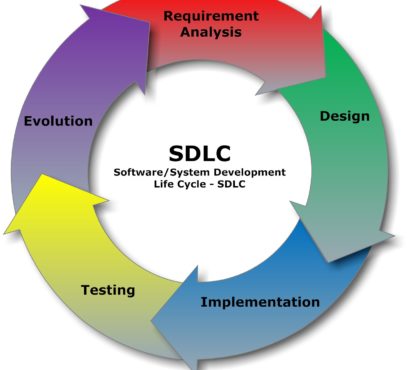The Top Software Implementation Process Challenges

Closing a new software implementation deal is very challenging, but it is only half the battle. Once you’ve closed the deal, you must deliver the project in time. The delivery process must be within the budget to satisfy the client. However, this is easier said than done.
That your client bypassed all other software implementation consultants to hire you should be enough motivation for you to do everything you can to deliver on your promise. Failing to deliver the software you promised to your client in the implementation deal can affect your business negatively.
Lack of referrals and loss of business reputation are some of the negative impacts of failing to deliver. That’s why it’s imperative to be aware of the challenges which can hinder a successful software implementation.
This article will discuss some of the challenges faces in the software implementation process.
Scope creep is affecting you revenues
Scope creep the uncontrolled change or the continuous growth in a project’s scope. This is extremely common in the software implementation environment.
Failing to clearly define, document or control the scope of your project can significantly increase the costs and affect your revenue. This, in turn, leads to poor implementations which result in unsatisfied clients.
Miscommunications between the technical and sales resources in the selling process often result in scope creep. At times, the sales team usually goes ahead to make optimistic promises while closing the deal without consulting the technical team.
This sets your customers’ expectations high. However, it can affect the chances of a successful project implementation.
Outdated software implementation
Whether the management of the organization defines your software implementation processes or the processes you’ve developed, it can be hard to compete with the best practice implementation practices if you are only required to implement outdated software.
Lack of training and support from your vendor
The end results to your team and client can be severely affected if a projected is implemented without sufficient training from the software vendor. Many software vendors fail to provide training and utilization guidelines during the implementation process.
Your staff is likely to be ill-equipped without comprehensive training of the software you are implementing and the right level of technical support from the developer. This can lead to the client failing to know how to get most out of the software.
This, in turn, affects the ROI of your customer and the perception of your team’s capabilities. Additionally, this can be very discouraging for your staff, if they believe that they are very effective at what they do. Limited training can hold them back from doing so.
Failing to satisfy the client
Innovative software development is very critical in delivering a successful project, especially when your clients continue demanding more complicated software. You cannot have a successful implementation if your software fails to impress your clients in the fundamental processes.
Most clients frequently reject outdated, limiting or software which is not user-friendly enough to meet their desired requirements. So, you’ll always be struggling to meet your client’s expectations not matter how smooth the implementation project is.
Third party integration challenges
Many software developers find it hard to develop separate solutions. The challenge many software developers are facing is the ever-increasing need for third party integration.
Project managers are under constant pressure to perfect their knowledge and expertise with other solutions so that they can integrate them with the ones they are implementing. This is viewed as multiple systems within a single process.
Time-consuming data entry
Moving data from one system to the new solution usually consumes a lot of time during any software implementation process. Unfortunately, this is usually a very important part in the process.
So, developers should be able to develop strategies which make the process easier and more accurate. This can, in turn, minimize data errors and keep the implementation process on track.
Additionally, if developers focus on this part early in the development process, it can play an important role in reducing risks and assisting in training. Experts argue that converting data early enough can make the training process easier as end-users familiarize themselves with the data during the testing phase.
POST YOUR COMMENTS